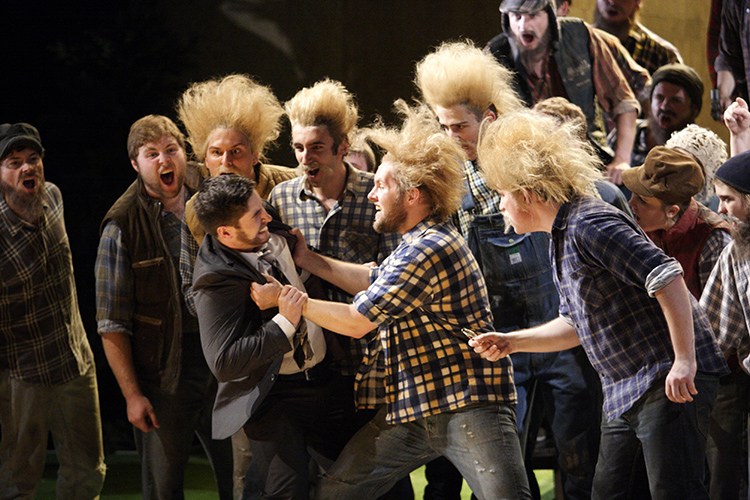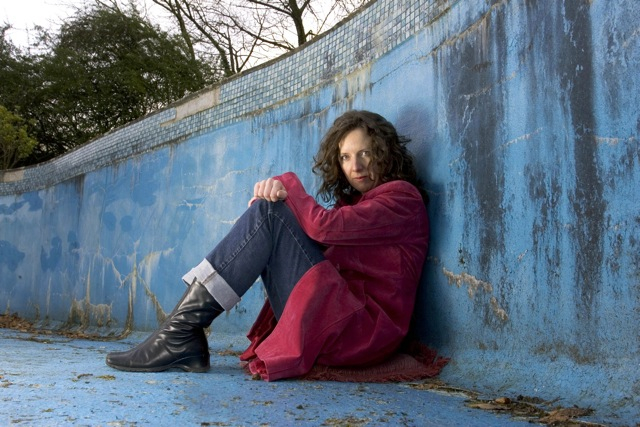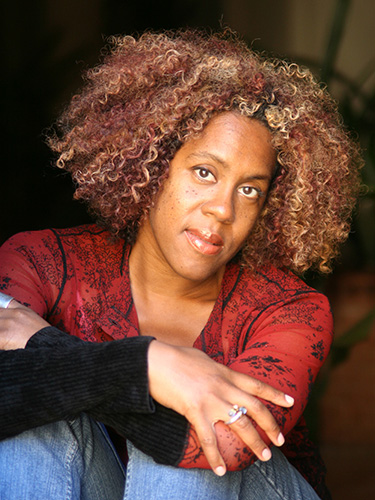The recent Welsh National Opera production of Britten’s Paul Bunyan by their Youth Opera company together with the South Wales choir Only Boys Aloud set me thinking about the wider issue of the involvement of young people in opera. There is much talk in the UK about access to the arts for young people. Just last month there were reports in the national media of the findings of two recent reports in relation to the views of the young. An independent report for the Welsh Government on the arts in education found children and young people to be very positive about the importance of the arts to them, quoting one nine-year old as saying ‘If there were no arts we would all still be cavemen.’ Also, a report on theatre attendance found that 87% of sixteen to nineteen-year olds were likely to go to the theatre, a higher percentage than in any other age group. This included musical theatre, though the survey does not seem to have asked people about going to opera.
Opera companies in the UK are very aware of the need to attract new and younger audiences, for their own survival as much as any altruistic reasons. English National Opera’s ‘Undressed’ scheme, for example, aims to attract people with good seats at reduced prices for one night of each production and cocktails after the show. ENO, WNO, The Royal Opera House, Glyndebourne and others have taken part in the annual European Opera Days which invite the public into opera houses for free events and aim to break down barriers. The question is whether one-off events do much, if anything, to counter the prevailing view that opera is an elitist art form which so many people consider is not for them. I talked to some of those working in the field of youth opera in Wales to find out their experiences and views.
WNO Youth Opera has been in existence for seventeen years, and Paula Scott, producer of their Paul Bunyan has been involved with them since 2007, overseeing two new commissions, Brian Irvine’s The Calling of Maisy Day (2008) and The Sleeper (2011), composed by Stephen Deazley to a libretto by Michael Symmons Roberts. The latter was originally staged as a site-specific performance at Cardiff’s Coal Exchange, and subsequently taken to the Tête-à-Tête Opera Festival in London and broadcast by BBC Radio 4.

WNYO Youth Opera Cast
Photo by Catherine Ashmore
Paula told me that WNO Youth Opera always tries to be ambitious and does not ‘dumb down’ opera in any way. She is excited by the raw talent she sees in the Youth Opera company and was thrilled that this year, for the first time, they were able to perform on the main stage of the Wales Millennium Centre. A major reason Paul Bunyan was chosen for their 2013 production was because of the range of opportunities it gives to young male singers in particular, something Paula says is always a challenge for the company.
Open auditions for those between sixteen and twenty five years of age are held every two years for WNO Youth Opera, and one hundred and fifty young people competed for forty one places in the cast of Paul Bunyan. Many of those who come forward are already music students, hoping to work in opera, but others do it for fun. In some cases what starts as a hobby becomes a professional career – when Elgan Llyr Thomas auditioned successfully for The Calling of Maisy Day at the age of seventeen he found the prospect of singing in opera terrifying; he has since won a number of awards and this year he was back in the WNO Youth Opera company singing the lead role of Jonny Inkslinger in Paul Bunyan most ably. The host of small roles in this production gave lots of the performers their moment to shine and to be noticed by casting directors. I chatted with Emyr Wyn Jones and Lucy Wickens, who played alongside one another as Ben Benny and Sam Sharkey in the show. Their partnership demonstrated just how successfully young performers with different levels of experience can work together, complementing and learning from one another. Emyr, who started out singing in Only Boys Aloud and for whom the opportunity to work on the main stage had been ‘a no-brainer’, is still an undergraduate student. He was somewhat in awe of his elders in the company when they started rehearsals, but quickly came to feel at home there. As Paula Scott says, ‘everyone is equal in the core company’. Lucy, on the other hand, is at the top of the admissible age range. She has completed a post-graduate course and this summer she helped design sets for Bute Park Opera, a student-run company in Cardiff which is interested in community outreach. As Lucy says, ‘opera is not just about the singing’, and indeed this is fully recognised by ENO Youth Opera, where stage management, lighting, costumes and make-up are all done by young people with professional support. At WNO MAX, Paula told me that in total over two hundred young people were involved in putting on their production of Paul Bunyan.

photo by Neil Bennett
WNO also has a Singing Club for ten to fourteen year olds. In 2011 WNO commissioned the Wales-based composer Lynne Plowman to write an opera for the group. Together with librettist Martin Riley she worked with the Singing Club for over a year. The result was The Face in The Mirror, a World War II ghost story, which thirty five members of the Singing Club toured around Wales and England in 2012. I asked Lynne about the technical challenges of writing music for young singers. She said that one issue was how to tell a story when the group was singing as a chorus, something she addressed by incorporating chanting, as the group was very strongly rhythmically, and giving individuals spoken links. She also used specific pitches on which young voices are strong, and mostly wrote for no more than two voice parts, but this is clearly about writing to the group’s strengths, rather than in any way writing down. Everyone I spoke to about opera and young people was of the same mind on this and committed to work of high quality.
Paula Scott told me that WNO Youth Opera are plugging an age gap by starting up a regular opera group for fourteen to sixteen year olds this autumn. So youngsters ‘graduating’ from the Singing Club can move on to this new group, which will be meeting fortnightly with the chance to study for a Bronze or Silver Arts Award qualification as well as performance opportunities.
Young people who are performing bring other young people along to the show to see them. They also share what they are doing through social media, which helps to break down the perceived elitism of opera. The young people involved in WNO’s Paul Bunyan will probably all continue and develop their enthusiasm for opera; arguably they were all predisposed that way to start with, or they would never have embarked on the auditions. But is this true of their friends who come along to support them? I doubt it. So what is being done to develop the audience for opera amongst young people?
Lynne Plowman is firmly of the view that young people are open to new music. She believes that the window of opportunity is between the ages of seven and ten. Younger children may be frightened by loud music and older ones will most likely have developed other preoccupations. Lynne feels that the most important thing is to get young people through the door of an opera venue so that they know the etiquette and are not afraid of it. She also feels strongly that more should be done in schools, where currently children have no exposure to new music. I was interested to hear from Lucy Wickens that she has set up her own opera company for seven to eleven year olds from Brownie packs.
Captain Blood’s Revenge is a pirate opera by Lynne Plowman for families, including children aged seven and up. Commissioned by Glyndebourne, it premièred at the Brighton Festival 2013 and is touring to schools this autumn. I read a review by a mother in Brighton who took two young children to the show. She speaks of plot lines which were hard for the children to follow and music which was ‘not in the least memorable’ but goes on to say in a surprised tone that ‘apparently’ her children would recommend it. In fairness to her, she also expresses the hope that the piece will lead opera novices who saw it to the same lifelong love of opera which she has had since seeing Rossini’s La Cenerentola at a young age.

credit Civitella Azzurra Primavera
Another composer with a particular interest in opera for young people is Errollyn Wallen. In 2009 Pegasus Opera commissioned her opera Clothesburger. This was aimed at audiences of seven to nine year-olds and she developed it over an eighteen month period in workshops which involved four hundred and twenty children from eight schools across London. The children wrote verses which Errollyn included in the work. She told me she finds children’s use of words ‘sparkling and keen’, as they do not have the inhibitions which often afflict adults. Like Lynne Plowman with her 2002 ‘musical adventure’ for family audiences Gwyneth and the Green Knight, Erollyn emphasises the value of a period of development work with young people. After the Clothesburger workshops, young singing leaders from all of the schools involved promised to keep singing alive in their schools. Lynne commented to me that whereas most young people have music on in the background, if they get involved in an opera project they start actively listening to music. As Errollyn says, they develop ‘a sense of entitlement and ownership’.
Youth opera, in the sense of bringing the young to opera, has many starting points. Errollyn Wallen told me she had done workshops with young people using Handel’s Jephtha as a starting point. The participants wrote their own music and then went with her to see a performance of Jephtha, by which time the feeling amongst them was that ‘we know opera’, because they had made sense of it for themselves.
Another thing on which Errollyn and Lynne agree as composers for young people is the central importance of story-telling. Errollyn told me of her concern to ‘tell stories where the audience feels represented on stage’. She is currently developing ANON, an opera for WNO Max for which she is writing both words and music. This will be for an audience of sixteen to seventeen year-olds, and promises to pack an emotional punch – something else Erollyn feels passionate about – as it addresses the exploitation of young women across the world.
Meanwhile Music Theatre Wales are helping to train young opera composers of the future in how an opera works as drama through their ‘Make an Aria’ scheme for students at the RWCMD (and other colleges and universities throughout the UK), which has been running annually since 2008. Some of the arias worked on in past years have been taken forward, orchestrated and performed elsewhere. Co-founder and Joint Artistic Director Michael McCarthy told me that others are now looking at following this model of enabling emerging composers and writers to work together on a nugget of opera.
There is much interesting work underway to keep opera alive and relevant to future generations. What there is not is any ‘quick-fix’. As Michael McCarthy said to me, a one-day workshop in a school will not create a relationship. A longer period of engagement is needed. However composers and opera companies do it, they have to tell stories with and to young people which mean something to their hearts as well as their minds. Then there is a chance that those young people will look around, explore and be enriched in their adult lives by the wider world of music and drama that we call opera.
Banner illustration by Dean Lewis


 Enjoyed this article? Support our writers directly by buying them a coffee and clicking this link.
Enjoyed this article? Support our writers directly by buying them a coffee and clicking this link.








